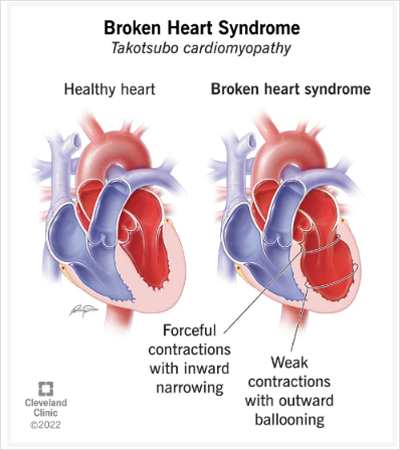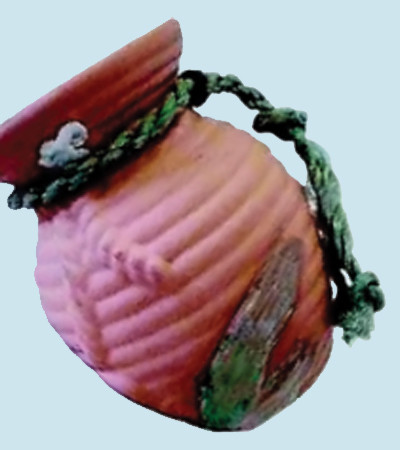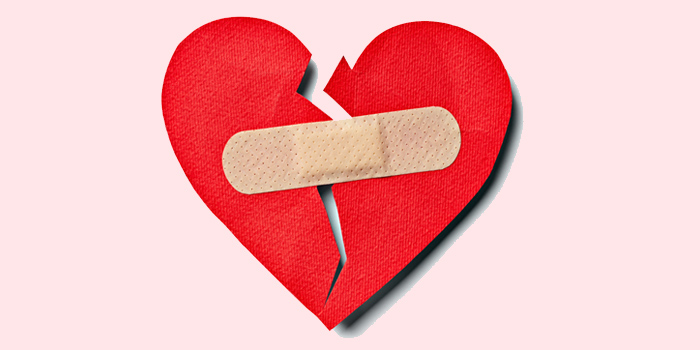The phrase “Dying of a broken heart” sounds like a storybook line. But could it be real?
Perhaps one of the most public examples of this occurred in 2016 when Debbie Reynolds followed her daughter, Carrie Fisher in death within two days. In fact, there are few people who have not experienced friends or family where spouses die within weeks or months of each other giving credence to the “Dying of a broken heart” phrase.
But is this medically possible?
“Heartbreak” is an emotional expression that we attach to physical symptoms. It is most likely a manifestation of stress. Losing a loved one – or any significant emotional event – precipitates any number of physical reactions. This stress can trigger disease, both physical and mental, that can cause death. Researchers say that the first month after a loved one dies shows a statistically higher risk of death of the partner.
This situation may be exacerbated by a change in behavior triggered by depression. Some people react by burying emotions in comfort food, cutting off communication with others or lethargy. Response to this stress is something family members should make a high priority well after the funeral.
And, while a rare occurrence, there could be a direct and legitimate medical reason for the remaining partner to die. The term is a Japanese word “takotsubo” and the condition is called takotsubo cardiomyopathy, more commonly, “broken heart syndrome”. Takotsubo cardiomyopathy (TCM) is generally a temporary type of heart condition triggered by an intense emotional or physical stress. It is triggered by a massive rush of adrenalin and causes sudden chest pain or shortness of breath much like a heart attack. Post-menopausal women seem to be more affected than men. It is not always fatal.
The actual translation of takotsubo is “octopus pot”. A takotsubo is the name of a pot used by Japanese fishermen to trap octopuses. When the left ventricle of the heart changes shape, it develops a narrow neck and a round bottom making it looks similar to an octopus trap. (See Fig. 1 from the Cleveland Clinic) To see the similarities, an actual Octopus Pot is shown in Fig. 2.

Fig. 1

Fig. 2
The medical community is taking TCM more seriously these days just as depression has become acknowledged as a risk for heart disease. Similarly, there is also more research on how depression not only affects the onset of heart issues, but also how it can affect your recovery.

